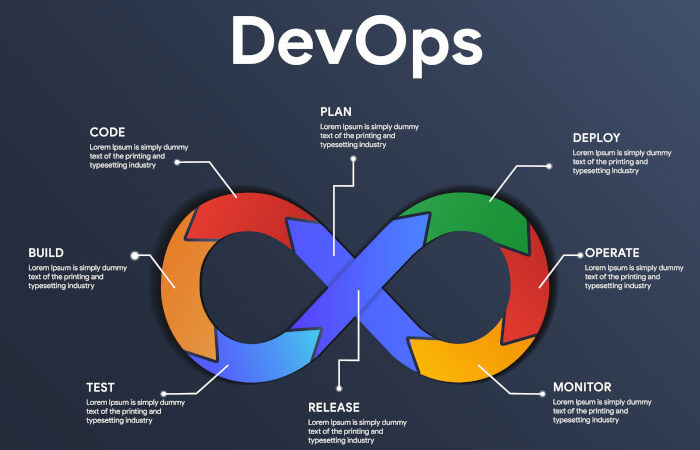Nemiver is a project to write a standalone graphical debugger that integrates in the GNOME desktop. It features a backend which uses the well known GNU Debugger GDB to debug C/C++ programs.
Nemiver is built with a plugin system that can offer several different perspectives. Currently the only perspective provided is a debugging perspective, but it could be expanded with perspectives added for Valgrind, or for profiling tools such as oprofile.
Nemiver uses an sqlite database to store basic information about a debugging session so developers can resume where they left off last time.
Nemiver is a bit more than just a simple GUI debugger. It is actually a platform which can be extended with plugins and dynamically loaded modules. The libnemivercommon library provides the basic functionality for loading dynamic modules and enabling the plugin architecture of Nemiver. You can create additional plugins for nemiver, and you can even create entirely new perspectives for the nemiver workbench.
Nemiver includes several automated unit tests which can be run with ‘make check’. Because nemiver uses dynamically-loaded modules, however, these tests must be run after installing Nemiver, otherwise they will not work.
Features include:
- GTK+ standalone graphical debugger.
- GNOME integration: options are in gconf.
- Breakpoints are saved when you close Nemiver: when you restart it on the same binary you don’t have to re-set the breakpoints.
- Support for debugging applications running on remote machines (using gdbserver).
- Basic stuff: breakpoint, conditional breakpoints, next, step into, you can inspect your variables etc.
- In git right now:
- Watchpoints.
- Ability to change the value of a variable.
- Ability to copy the content of a variable into the gtk clipboard.
- Advanced tooltips to show the content of variable.
Website: wiki.gnome.org/Apps/Nemiver
Support:
Developer: Dodji Seketeli, Jonathon Jongsma
License: GNU General Public License v2.0
Nemiver is written in C++. Learn C++ with our recommended free books and free tutorials.
| Popular series | |
|---|---|
| The largest compilation of the best free and open source software in the universe. Each article is supplied with a legendary ratings chart helping you to make informed decisions. | |
| Hundreds of in-depth reviews offering our unbiased and expert opinion on software. We offer helpful and impartial information. | |
| The Big List of Active Linux Distros is a large compilation of actively developed Linux distributions. | |
| Replace proprietary software with open source alternatives: Google, Microsoft, Apple, Adobe, IBM, Autodesk, Oracle, Atlassian, Corel, Cisco, Intuit, SAS, Progress, Salesforce, and Citrix | |
| Awesome Free Linux Games Tools showcases a series of tools that making gaming on Linux a more pleasurable experience. This is a new series. | |
| Machine Learning explores practical applications of machine learning and deep learning from a Linux perspective. We've written reviews of more than 40 self-hosted apps. All are free and open source. | |
| New to Linux? Read our Linux for Starters series. We start right at the basics and teach you everything you need to know to get started with Linux. | |
| Alternatives to popular CLI tools showcases essential tools that are modern replacements for core Linux utilities. | |
| Essential Linux system tools focuses on small, indispensable utilities, useful for system administrators as well as regular users. | |
| Linux utilities to maximise your productivity. Small, indispensable tools, useful for anyone running a Linux machine. | |
| Surveys popular streaming services from a Linux perspective: Amazon Music Unlimited, Myuzi, Spotify, Deezer, Tidal. | |
| Saving Money with Linux looks at how you can reduce your energy bills running Linux. | |
| Home computers became commonplace in the 1980s. Emulate home computers including the Commodore 64, Amiga, Atari ST, ZX81, Amstrad CPC, and ZX Spectrum. | |
| Now and Then examines how promising open source software fared over the years. It can be a bumpy ride. | |
| Linux at Home looks at a range of home activities where Linux can play its part, making the most of our time at home, keeping active and engaged. | |
| Linux Candy reveals the lighter side of Linux. Have some fun and escape from the daily drudgery. | |
| Getting Started with Docker helps you master Docker, a set of platform as a service products that delivers software in packages called containers. | |
| Best Free Android Apps. We showcase free Android apps that are definitely worth downloading. There's a strict eligibility criteria for inclusion in this series. | |
| These best free books accelerate your learning of every programming language. Learn a new language today! | |
| These free tutorials offer the perfect tonic to our free programming books series. | |
| Linux Around The World showcases usergroups that are relevant to Linux enthusiasts. Great ways to meet up with fellow enthusiasts. | |
| Stars and Stripes is an occasional series looking at the impact of Linux in the USA. | |
